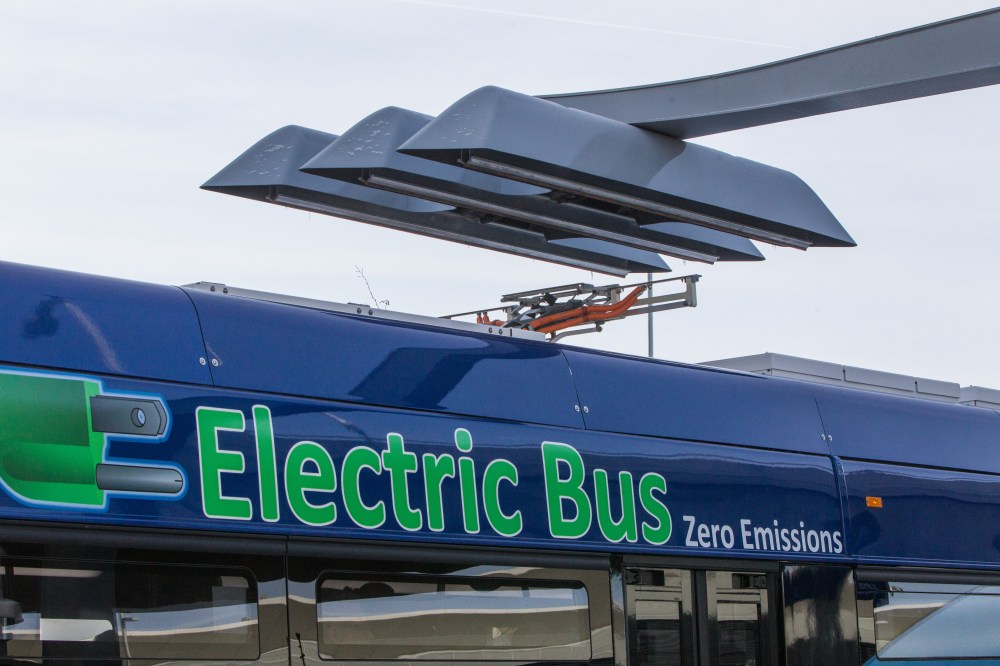Transit seeks to build hydrogen production site
Advertisement
Read this article for free:
or
Already have an account? Log in here »
To continue reading, please subscribe:
Monthly Digital Subscription
$0 for the first 4 weeks*
- Enjoy unlimited reading on winnipegfreepress.com
- Read the E-Edition, our digital replica newspaper
- Access News Break, our award-winning app
- Play interactive puzzles
*No charge for 4 weeks then price increases to the regular rate of $19.00 plus GST every four weeks. Offer available to new and qualified returning subscribers only. Cancel any time.
Monthly Digital Subscription
$4.75/week*
- Enjoy unlimited reading on winnipegfreepress.com
- Read the E-Edition, our digital replica newspaper
- Access News Break, our award-winning app
- Play interactive puzzles
*Billed as $19 plus GST every four weeks. Cancel any time.
To continue reading, please subscribe:
Add Free Press access to your Brandon Sun subscription for only an additional
$1 for the first 4 weeks*
*Your next subscription payment will increase by $1.00 and you will be charged $16.99 plus GST for four weeks. After four weeks, your payment will increase to $23.99 plus GST every four weeks.
Read unlimited articles for free today:
or
Already have an account? Log in here »
Hey there, time traveller!
This article was published 24/04/2023 (944 days ago), so information in it may no longer be current.
Winnipeg Transit is seeking to construct a hydrogen production facility by the end of 2024 to support future fuel cell buses, as part of a project now at risk of delays, according to a new city report.
The construction is an early step within a $280-million plan to replace about 100 diesel buses with zero-emission models by 2027, through a funding agreement with the provincial and federal governments. The City of Winnipeg has ordered 16 green buses so far, including eight battery-electric and eight hydrogen fuel cell battery-electric models, which are expected to begin arriving in June 2024.
The report notes Transit hopes to complete a hydrogen production and fuelling station at its 421 Osborne St. garage by the end of 2024, and have its first round of battery electric charging stations in place at the Brandon Transit garage by the middle of next year.

Bus prices and ordering timelines have increased since the project was developed in 2020, which could delay the project, increase its cost or reduce the number of buses in the city’s initial order, the report notes.
Transit hopes to replace its entire fleet of roughly 650 buses with greener models by 2050.


